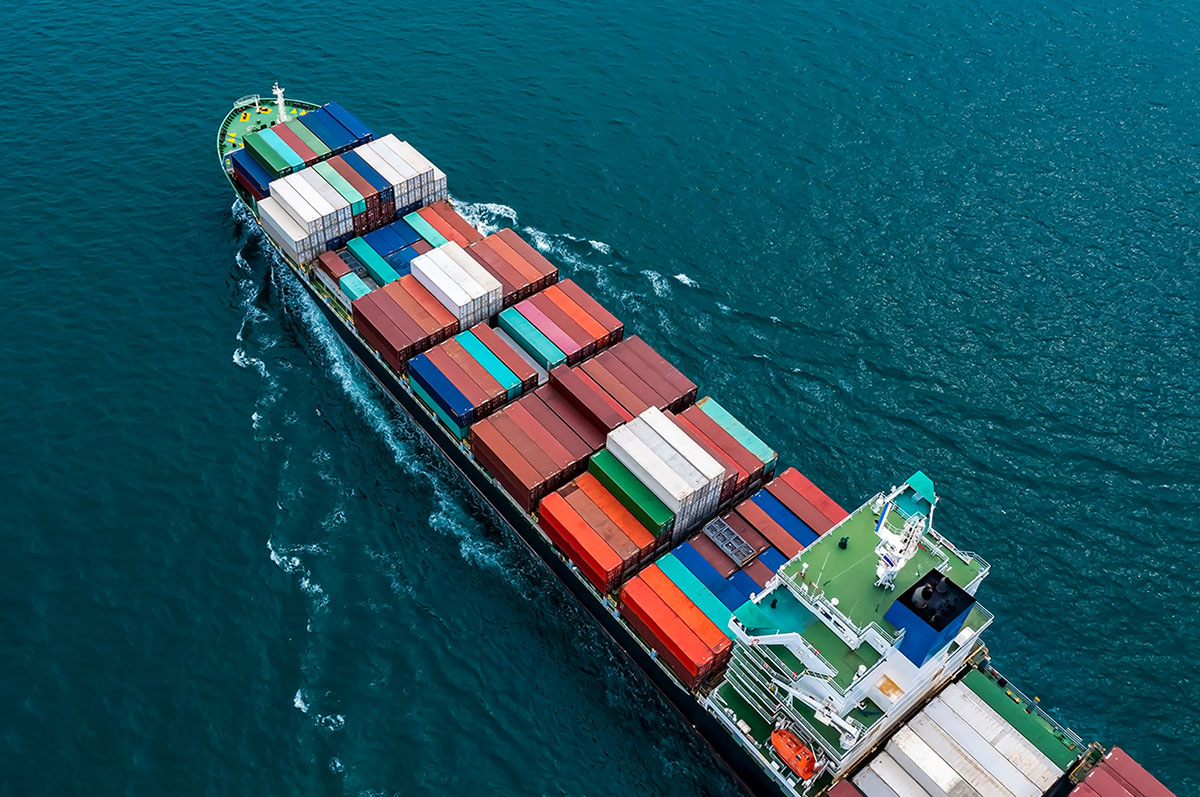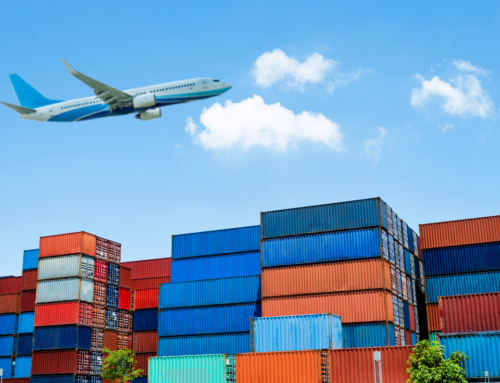Steering Through Change: The EU ETS’s Impact on Sea Freight Shipping
The maritime industry is bracing for a significant shift with the introduction of the EU Emissions Trading Scheme (EU ETS) regulations in 2024. This landmark initiative, aimed at lowering carbon emissions, is poised to reshape the sea freight shipping sector, a cornerstone of global commerce.
As these new norms come into play, they bring with them a mix of challenges and opportunities, setting the stage for a more sustainable and environmentally conscious shipping landscape.
Understanding the EU ETS Impact on Sea Freight
The EU ETS regulations represent a decisive step towards environmental accountability in sea freight shipping. Starting in 2024, carriers will be required to measure, report, and reduce their CO2 emissions, marking a new era in operational transparency and ecological responsibility.
This phased approach, which ramps up from 40% coverage of emissions in the first year to full coverage by 2026 (Ref: Hellenic Shipping News) , compels the industry to rethink strategies and potentially adjust shipping rates, thereby influencing global trade dynamics.
Challenges and Opportunities Ahead
The introduction of EU ETS in sea freight shipping presents numerous challenges and opportunities. Companies will face increased costs due to the need for emissions reporting and reduction, pushing them towards technological innovations and operational adjustments.
However, this shift also opens doors for sustainable practices and positions the industry as a leader in environmental responsibility. These changes are not only about compliance but also about adapting to a future where eco-friendly operations are the norm.
Global Implications and Industry Response
The implementation of the EU ETS regulations holds profound implications for the global sea freight industry. This move challenges the industry to align with environmental goals on a worldwide scale, leading to diverse responses from different regions and key industry players.
The complexity of applying these regulations globally requires collaboration and strategic adjustments, potentially reshaping market dynamics and emphasising the importance of sustainable practices around the international shipping community.
The EU ETS regulations are set to bring about significant changes in the sea freight shipping industry. As companies adapt to these new requirements, the focus on environmental stewardship is expected to drive advancements in shipping practices and technologies.
At Hawley Logistics, we are well-positioned to navigate these changes. We offer a range of services, including sea freight shipping, road freight, and UK Haulage and are committed to efficient and sustainable logistic solutions. With our expertise in customs clearance, global networking, and a strong focus on customer service, Hawley Logistics is equipped to meet the evolving needs of the industry under the new EU ETS regulations.




